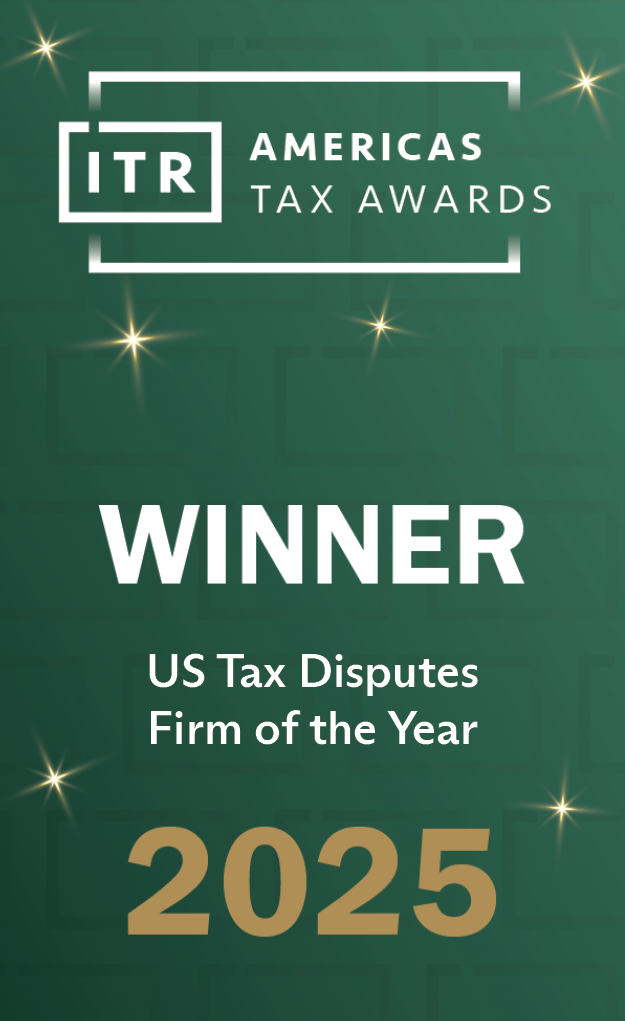The enactment of the Taxpayer First Act, H.R. 3151 (116th Cong.) (TFA) brings with it several changes to the procedures and operations of the Internal Revenue Service (IRS). The TFA touches on the following subjects:
- Establishing the IRS Independent Office of Appeals
- Improving customer service
- Changes to enforcement
- Modernization of the Office of the National Taxpayer Advocate and the IRS
- Cybersecurity and identity protection, technological changes, and expanded use of electronic systems
- IRS hiring and disclosure changes
- Provisions relating to exempt organizations
- Changes to the penalty for failure to file
- Determination of budgetary effects
- Other miscellaneous provisions
This post does not discuss each subject, but rather focuses on changes to the IRS Appeals process.
The TFA establishes a new “Internal Revenue Service Independent Office of Appeals” that is under the direction of the “Chief of Appeals.” The right of appeal is “generally available to all taxpayers.” However, the TFA addresses situations where an appeal may be denied; for example, when a case is designated for litigation. In such a case, the IRS is required to provide the taxpayer with a written notice providing a detailed description of the facts involved, the reason for denying the right to pursue IRS Appeals and a detailed explanation of how that reason applies to the facts. A taxpayer may protest a decision to deny the request. Additionally, the IRS must provide an annual written report to Congress including the number of denied requests and the reasons therefore.
The TFA also provides that taxpayers must be given access to nonprivileged portions of the administrative file regarding the disputed issues no later than 10 days before the IRS Appeals conference. In the past, taxpayers needed to request the administrative file directly from the Exam Team or file a Freedom of Information Act (FOIA) request. These methods of obtaining taxpayer information are often burdensome and time consuming for taxpayers. Although the changes to access to the administrative file are welcome, the right to access is limited to individuals whose adjusted gross income does not exceed $400,000 for the year at issue and to entities whose gross receipts do not exceed $5 million for the year at issue. Thus, this provision will not provide any benefit to taxpayers who are audited by the IRS’s Large Business & International division.
The TFA repeats the IRS’s mission statement for Appeals: IRS Appeals will be fair and impartial. It also states that IRS Chief Counsel lawyers who provide advice to IRS Appeals should “to the extent practicable” not be lawyers who were involved in the case and who are not involved in preparing the case for litigation. While this is a welcome development given that the same IRS lawyers who are involved in advising on an issue at the examination level should not be advising an “independent” Appeals Officer, the “to the extent practicable” limitation is undefined and does not foreclose such involvement by Chief Counsel lawyers. No definition of this limitation is provided and no remedy for any violation is identified.
The TFA does not address certain other issues that have been hot topics in the tax community. For example, there is no discussion of which IRS personnel can be involved in the IRS Appeals Conference (see our prior discussion in this issue). Additionally, there is no guidance on the prohibition on ex parte communications between the Exam Team and the IRS Appeals Office. Finally, the TFA does not provide any rules regarding the timing of an administrative appeal.
Practice Point: The TFA contains many welcome developments regarding IRS customer service and modernization. And, the changes to the IRS Appeals process are a step in the right direction. However, it appears many of the changes to the IRS Appeals process are mere guidelines and many do not apply to large taxpayers. It remains to be seen how the TFA will impact the current state of matters before IRS Appeals.







